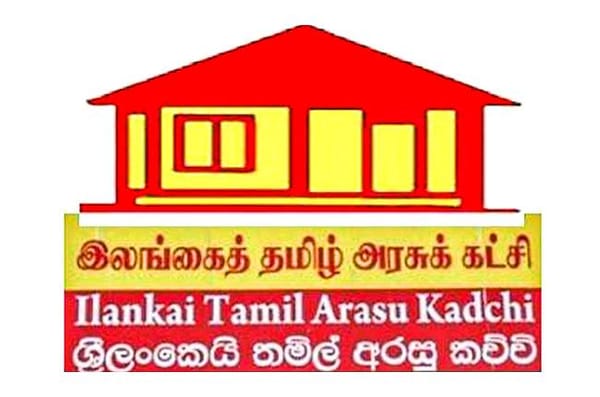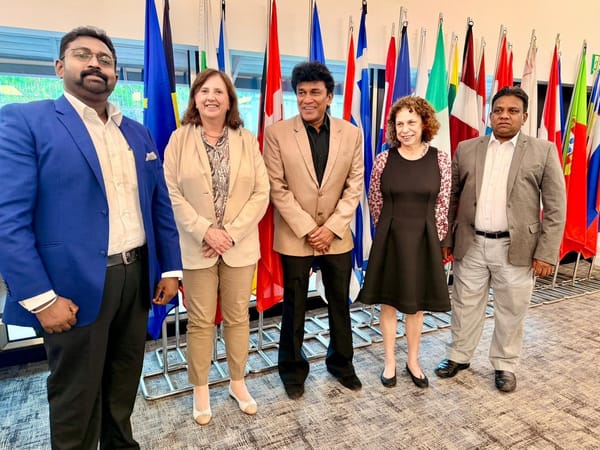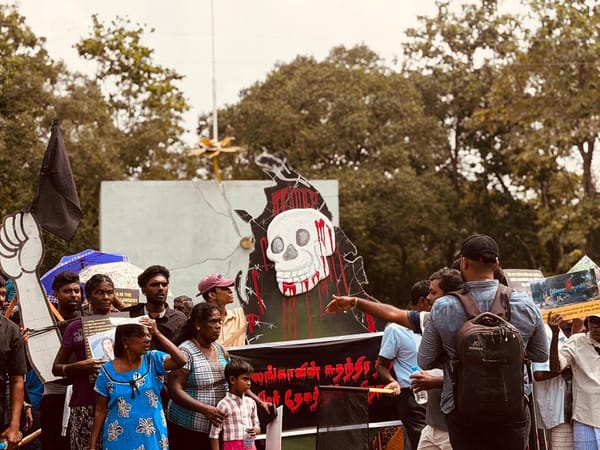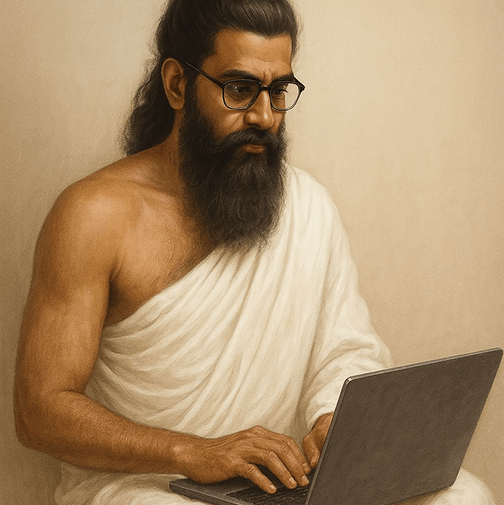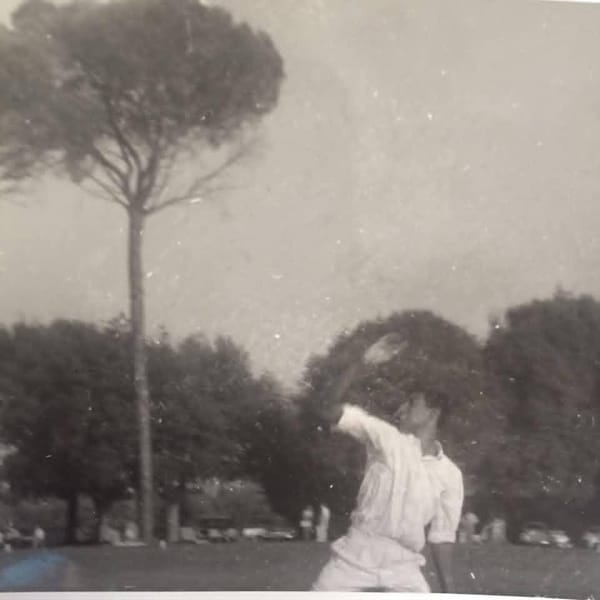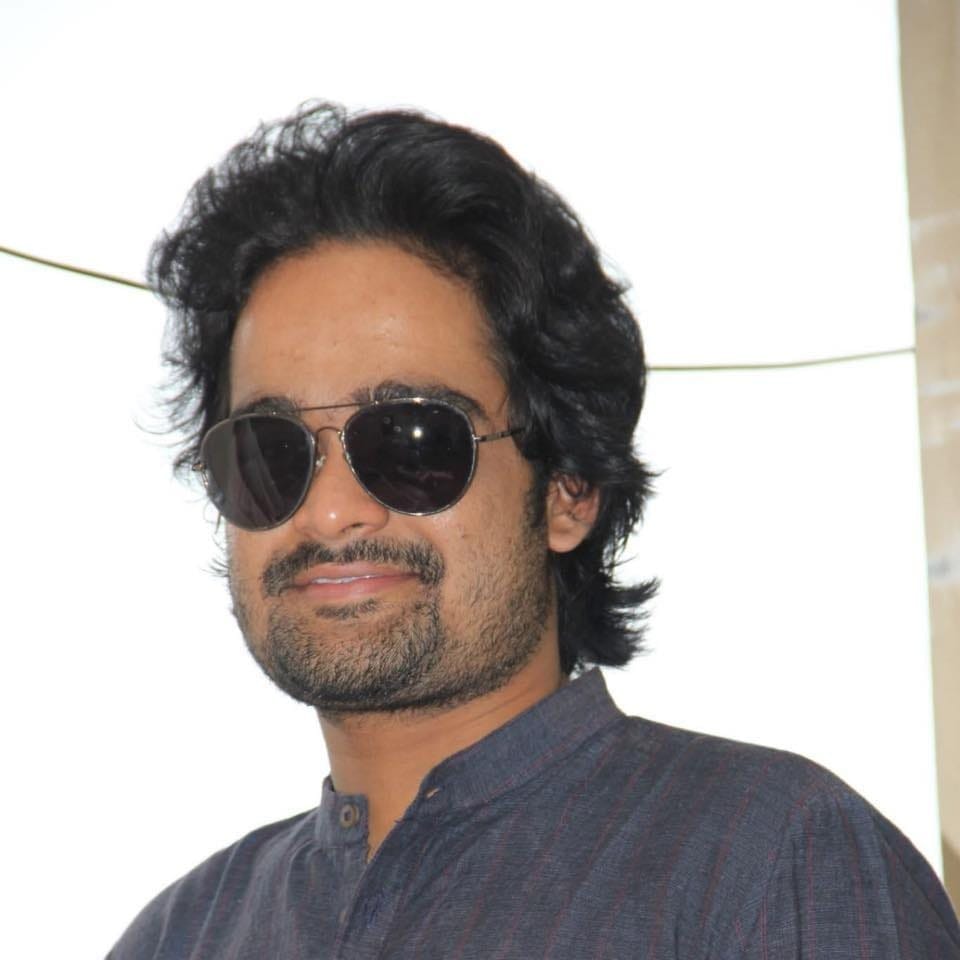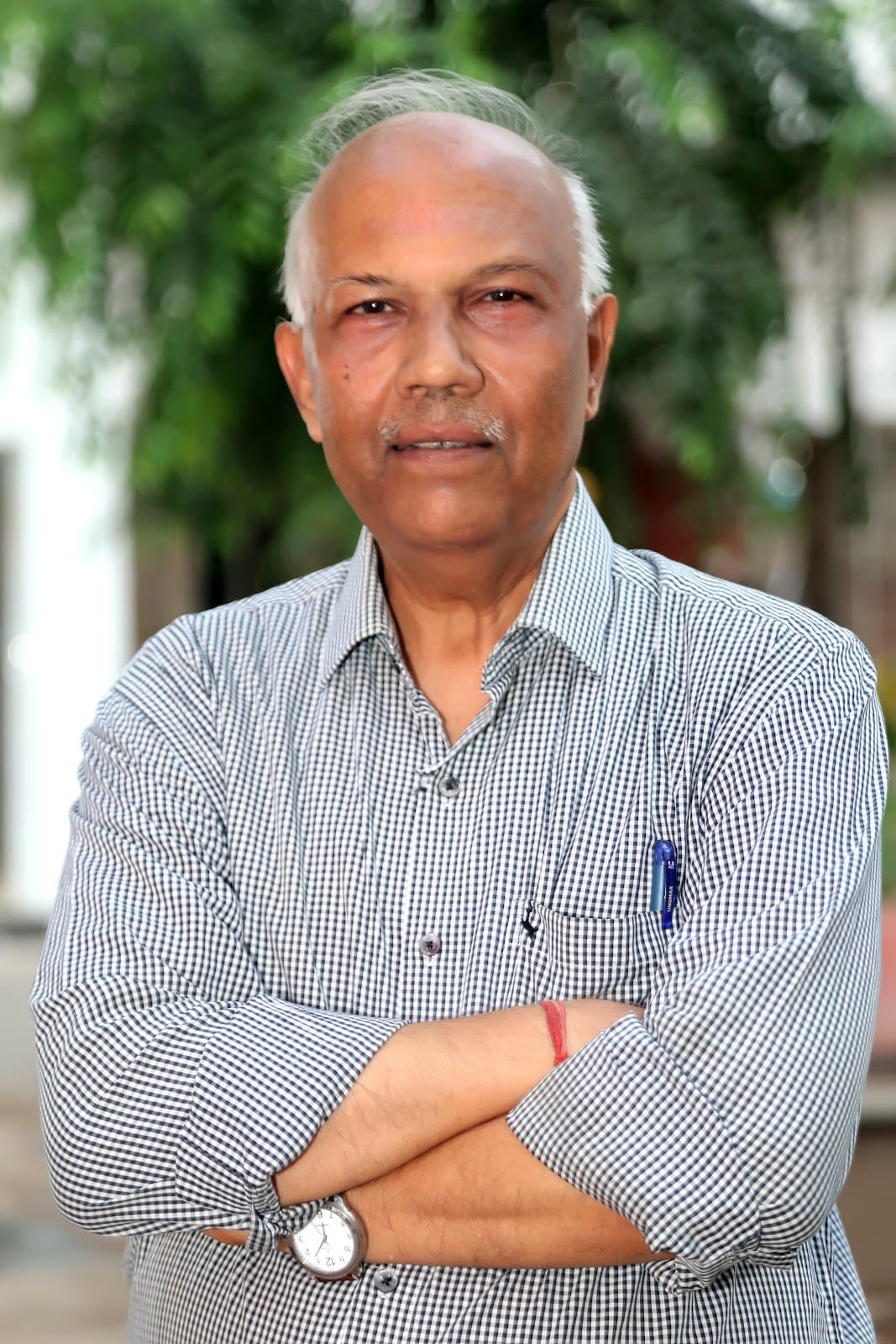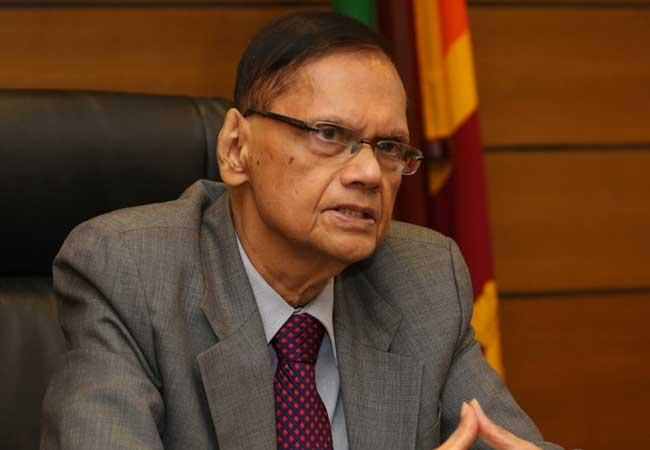This image was created using artificial intelligence. No real individuals are depicted.
A 19-year-old man was beaten inside a Hindu temple in Kilinochchi District on Sunday evening in what police are investigating as a caste-based assault — marking yet another incident in the long, unending saga of caste discrimination in Sri Lanka’s Northern Province.
The attack took place at the Kannagi Amman Temple in Vinayagapuram, Karaichi Division, when a group of men and women allegedly assaulted the youth for attempting to worship at the shrine, which is under the control of members of the dominant caste community in the area.
The victim, who belongs to a marginalized caste background, has lodged a complaint with the Kilinochchi Police and is currently receiving treatment at the Kilinochchi District Hospital.
Attack During Act of Worship
According to the police complaint, the youth had regularly visited the temple to offer prayers and flowers. However, members of the dominant caste community had repeatedly warned him against entering the premises, claiming that people from his caste were prohibited from worshipping there.
"When I went to the temple this evening, it was locked. I went to the temple president and pleaded with him to open it. He said the keys were with the priest, but gave me the key to the small Kali Amman shrine outside," the youth told police in his statement. "As I began offering flowers, some women struck me, and a man grabbed me by the neck and attacked me, saying I should not enter the temple because of my caste."
Temple Administrator Also Threatened
The temple president, who belongs to the dominant caste community, confirmed that he had provided the youth with access to the outer Kali Amman shrine after the young man pleaded for permission to pray.
"He pleaded with me, saying he couldn't find peace unless he prayed. So I gave him one of the keys I had — to the outer Kali Amman shrine," the temple administrator said. "But even for that, I was later attacked."
Police Investigation Launched
Kilinochchi Police confirmed that they have launched an investigation into the incident and are recording statements from witnesses. Police sources indicated that the case is being treated as a caste-based assault, which carries specific legal implications under Sri Lankan law.
Caste discrimination remains deeply entrenched in some parts of the north and east of Sri Lanka, continuing to affect access to temples, schools, water sources, and public facilities — despite the brutal three-decade civil war that claimed countless Tamil lives without any caste-based distinction.

